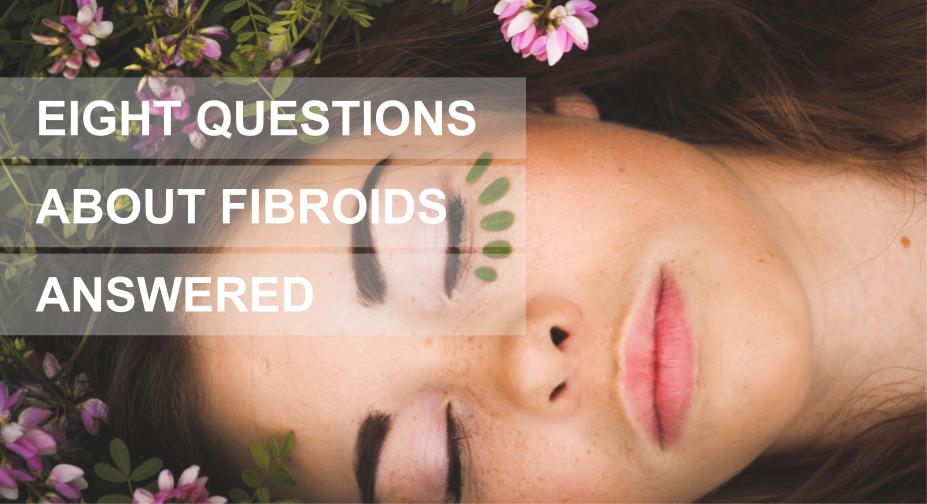
CAN UTERINE FIBROIDS AFFECT PREGNANCY?
Most women with fibroids have issue-free pregnancies, but they can cause some complications. Some Fibroids can bulge into the uterine cavity, potentially affecting fetal growth.
Fibroids are also linked to a 6 x greater risk of needing to deliver via cesarean section and a risk of heavier bleeding after delivery.
CAN UTERINE FIBROIDS AFFECT FERTILITY?
Rarely do Fibroids reduce your chances of getting pregnant but there may be difficulties.
Where uterine fibroids change the size and shape of the uterus a woman's ability to fall pregnant can arise. Those that change the shape of the uterine cavity (submucous) or are within the cavity (intracavitary) may decrease fertility by about 70%. This occurs because they bulge into the uterine cavity can potentially affecting embryo implantation.
Research estimate fibroids cause only 1- 2% of infertility cases. On the plus side, removal of these fibroids increases fertility.
CAN UTERINE FIBROIDS CAUSE WEIGHT GAIN?
Yes, if you have added some weight or developed a pouch the cause could be fibroids?
Fibroids can cause weight gain, while these benign tumours can be small and barely detectable, they have the capacity to grow very large, very fast.
Instances that cause fibroids growth spurts can include:
- Estrogen surges like pre-menopausal hormone swings
- Diet choices, or
- Stress may also play a part.
Regardless, fibroids can begin to grow and the larger they get, the heavier they gets. As fibroids gain weight, you will too.
CAN UTERINE FIBROIDS CAUSE BLOATING?
Yes, bloating can be caused by fibroids.
Because Fibroids can appear as a single large benign tumour, or a cluster of small benign tumors, if a fibroid grows in size, it can cause the abdomen to bloat and become visibly swollen.
Large fibroids might create swollen abdomens that cause women to appear pregnant.
The bloating can cause a sensation of fullness in the abdomen and increased pressure on the pelvis.
CAN UTERINE FIBROIDS CAUSE PAIN?
While Fibroids often do not cause symptoms and women with Fibroids are often unaware of their presence, in some cases they can cause pain.
If the tumors are near the uterine lining, or interfere with the blood flow to the lining, they can cause heavy and painful periods.
Uterine fibroids that are degenerating can sometimes cause severe, localized pain. Fibroids can also cause a number of symptoms depending on their size, location within the uterus, and how close they are to adjacent pelvic organs. Large fibroids can cause:
- Pelvic pain, including pain during sex,
- Pressure on the bladder with frequent or even obstructed urination, and
- Pressure on the rectum with painful or difficult defecation.
CAN UTERINE FIBROIDS CAUSE CANCER?
When you hear the word “tumour” many associate it with cancer, but the word benign, which means “not cancerous’ means that fibroids are merely extra tissue that grows in your uterus, but are not capable of spreading to other systems or invading other tissue.
Although fibroids can cause some debilitating symptoms, they are rarely as life threatening or serious to treat as cancer.
In some very rare cases, Fibroids can degenerate into a rare form of sarcoma (cancer)
CAN UTERINE FIBROIDS CAUSE BACK PAIN?
Some Fibroid, specifically subserosal fibroids can become large and protrude from the back of the uterus into the spine. If this occurs, they can cause back pain.
On the other hand, submucosal fibroids bulge inwards towards the uterine cavity, and thus are unlikely to cause back pain.
An MRI may reveal a fibroid is pressing against the spine, and rule out the possibility of other causes of back pain. Finding the appropriate treatment is key to getting relief from back pain and fibroid symptoms.
CAN UTERINE FIBROIDS DISSOLVE
Fibroids are living tissue, requiring oxygen and nutrients to survive and grow, supplied by blood vessels in an around the uterus.
When fibroids become too large, the blood vessels supplying the blood are no longer able to provide enough sustenance to meet the needs of the fibroid.
When this happens, the cells of the fibroid begin to die in a process called degeneration.
There is also a risk that once the blood supply returns to the fibroid, it will begin to grow and eventually reach the point of degeneration again.
Pain associated with degenerating Fibroids can be reduced using ibuprofen or heating pads.
YOUR NEXT STEP
If you are experiencing any symptoms of Fibroids or Infertility and are concerned about any gyneacological problem that may require further investigation take action.
Dr Gailani can offer advice on a possible diagnosis, further investigations and suitable treatment.
For patients suffering from Fibroids, we would advise that you see your general practitioner and possibly obtain a referral to see Dr Gailani at www.omargailani.com.au






